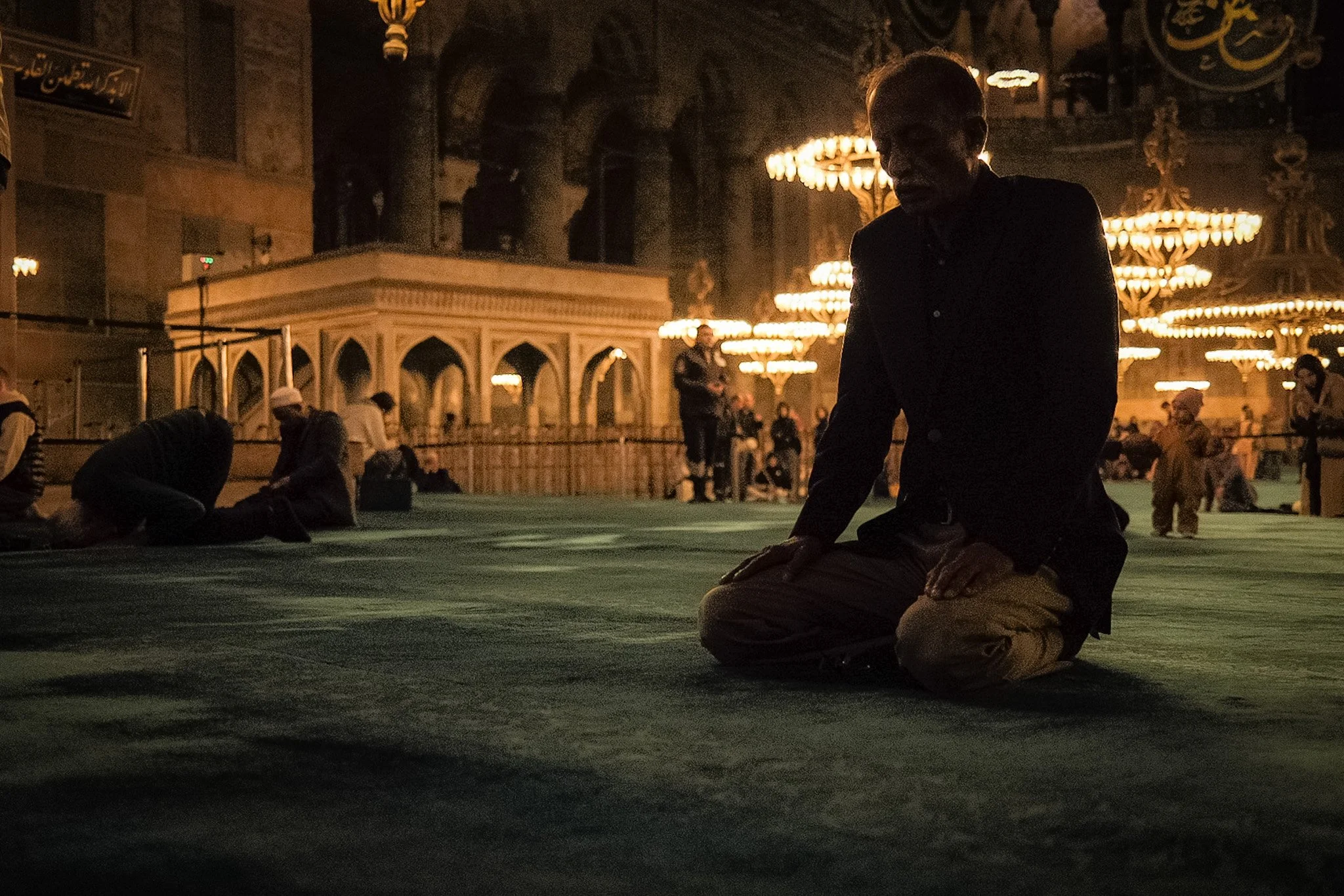Stop taking perfect photos
The problem with perfection
Far from perfect lighting, shot on a small APS-C camera at F2. Yet, despite lacking perfection, it holds a lot of meaning.
We spend so much time trying to take perfect photos — the right light, the right composition, the right edit. But here’s the truth: perfection is boring. Perfect photos don’t make people feel anything. Sure, they look good — but they could have been taken by anyone. Or no one.
A perfect photo might tick every technical box — sharp focus, balanced composition, flawless colours — but what it often lacks is identity. Scroll through Instagram and everything starts to blur together: the same tones, the same locations, the same edits. That’s what happens when we chase perfection through imitation. Photographers chase trends, asking, “Where is that? I want to take the same shot.” Or they buy the same presets, hoping to achieve the same look.
Presets can be great tools — they speed up your workflow, help build consistency, and even teach you a lot about editing. But when every photo starts to look like it’s been run through the same filter, you lose your fingerprint as an artist. Photography becomes less about what you saw, and more about what you think people want to see. And that’s where creativity dies — not because the tools are bad, but because we start using them to imitate instead of express.
I’ve seen photographers travel halfway around the world only to take the same shot that’s already been posted ten thousand times. Not because they lack skill or vision, but because the internet has quietly convinced them that’s what a “good” photo looks like. And to be frank, I’m guilty of this too — chasing shots, replicating the styles of others. But here’s the truth: those are some of my weakest and least interesting photos. There’s no such thing as the “right” colour grade or the “correct” composition. These are simply creative choices — reflections of how you felt in the moment, not just how it looked.
Because at the end of the day, presets don’t make your work stand out — you do.
When I was in Vietnam I went out of my way to visit this village just to take this “perfect” photo. Looking at it now, it looks like hundreds of other photos taken here; it adds nothing new to the conversation.
When everything is perfect, nothing is
When everything looks perfect, nothing stands out. Photography — especially online — is in a strange place where everything looks good: technically perfect, clean edits, balanced compositions, cinematic tones. But because everything looks perfect, it all starts to look the same, and almost nothing feels memorable. You can scroll through hundreds of flawless photos and forget them five minutes later; it’s like eating a hundred desserts that all taste exactly the same — sweet, polished, but ultimately empty. And I think people are starting to crave something else: texture, grit, humanity — the rawness that comes with imperfection.
Perfection is artificial
As artificial intelligence becomes more advanced, that sense of unique creative voice matters more than ever. AI thrives on pattern recognition — it learns by analysing what already exists — and when every photographer’s work starts to look the same, we’re essentially feeding the pattern. What it can’t replicate, however, is imperfection: the unpredictability, the mistakes, and the deeply human connections that give photographs their emotional weight. AI can reproduce the neon glow of a Tokyo skyline, but not the laughter of friends standing beneath that light. It can render breathtaking landscapes, but not the heavy stillness of an overcast sky that shapes the mood of a moment. It can produce flawless portraits, but not the blur of movement, the softness of bad light, or the quiet vulnerability in someone’s eyes as they burst into laughter. As AI continues to perfect the art of replication, our imperfections will become our greatest strength — the unmistakable signature of human creativity that no algorithm can ever truly copy.
These four photographs were generated by AI.
Perfect is the enemy of good
There’s a saying: “Perfect is the enemy of good.” When you’re obsessed with perfection, you stop creating — you overthink, hesitate, and second-guess, and eventually, you stop improving because you stop doing. That’s why it’s time to embrace imperfection. Stop trying to take perfect photos and start taking photos that feel something, photos that remind people there’s a person behind the lens, and be proud of your flaws. Those are the photos that stay with people — not perfect photos, but human ones.
Ultimately, when everything is perfect, nothing is.
Some less then perfect photos I’m proud of:















